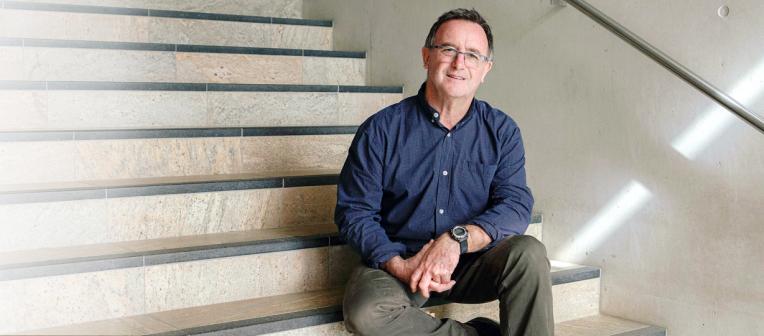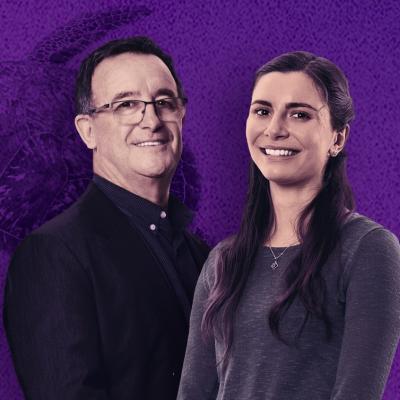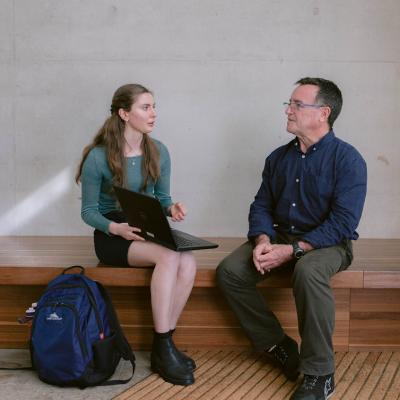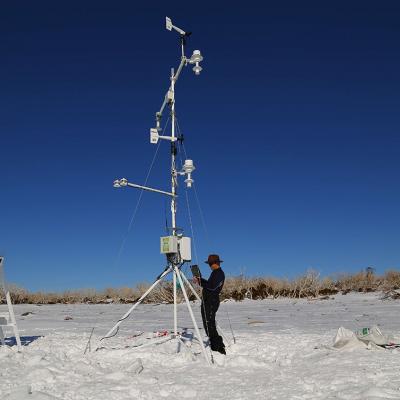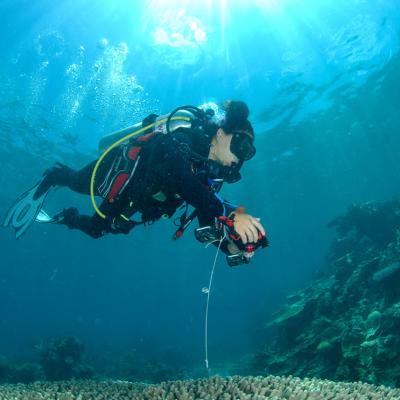Associate Professor Ron Johnstone is no alarmist, but he knows that what his students learn will have an impact on the future of the planet.
Not available in your region? Watch here.
Ron's environmental science experience
As someone who has worked in more than 30 nations nurturing coastal and marine ecosystems, Associate Professor Johnstone speaks from broad experience when describing the essential nature of his specialty area.
“People need the environment,” the UQ School of the Environment expert says.
“We cannot survive without a healthy, sustainable environment. In that context, we need to understand the environment itself fully, we need to understand our impact on it, and we need to acknowledge our role in protecting and addressing it. You can only really do that through research, monitoring and assessment."
“Understanding how a bad environment can impact on communities is what keeps me engaged in developing various projects and undertaking wide-ranging research."
"Environmental assessment, environmental monitoring and my persistence in pursuing that is paramount because trying to resolve questions like ‘How big an impact is climate change having?’ requires good data, continuous data from enough places that we really understand natural variability.”
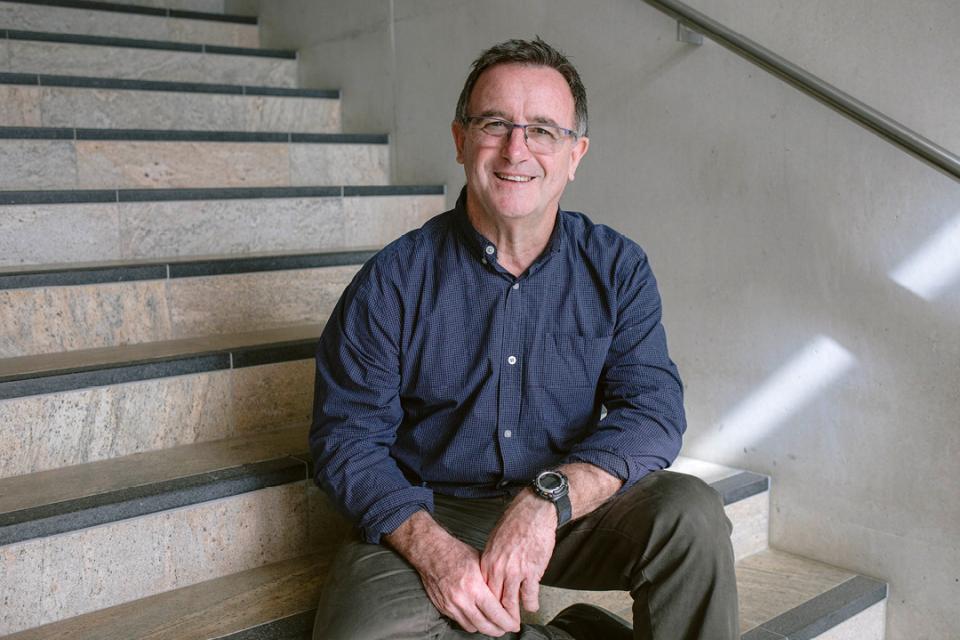
Ron's role as an educator and mentor at UQ
Ron is not from a long line of academics. Being in a university environment was a shock to his system initially, having previously worked for government departments and other agencies – but he has taken to his role as a UQ educator like a fish to water.
One of his strengths is being able to clearly envision how classroom attributes and knowledge will translate into the outside world.
“When you ask about my heroes, I could say somebody like Jacques Cousteau, whose documentaries I watched in my younger years,” says Ron.
“But in reality, I also have a hero who’s not that famous. It’s a person I helped train who is now the head of a not-for-profit organisation in East Africa. They support impoverished countries to train and build capacity and undertake marine science, marine research and marine resource management."
“That really exemplifies how somebody coming from a very different situation with the right skill sets, the right knowledge sets and the right personal qualities can make a profound change in how thousands of people, even millions, work and survive in coastal communities,” says Ron.
Being a mentor is a duty that Ron takes seriously and personally.
He knows that the knowledge and advice he and his colleagues impart has the potential to help others shape the future of the world.
“I think it’s all about engagement. I have the approach that you don’t lead by dictating to people, you lead with them,” he says.
“My humanitarian side is all about collaborating, building a future together. I do that by being a mentor, by being an effective communicator, and by making sure I’m exposed to the key skills and technical requirements.
"It’s not uncommon for students arriving at university to be a little overcome about the differences between what and how they learnt at high school, and how we do that at university."
“I like to go beyond the core academic subjects and talk about different ways of learning, how to better organise yourself, what somebody’s strengths are, and what is hindering them. By enhancing, modifying and improving, we allow people to get the best outcome from the education they receive at UQ.”
Meet some other UQ academics or learn more about UQ's undergraduate environment programs.

